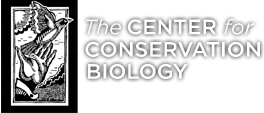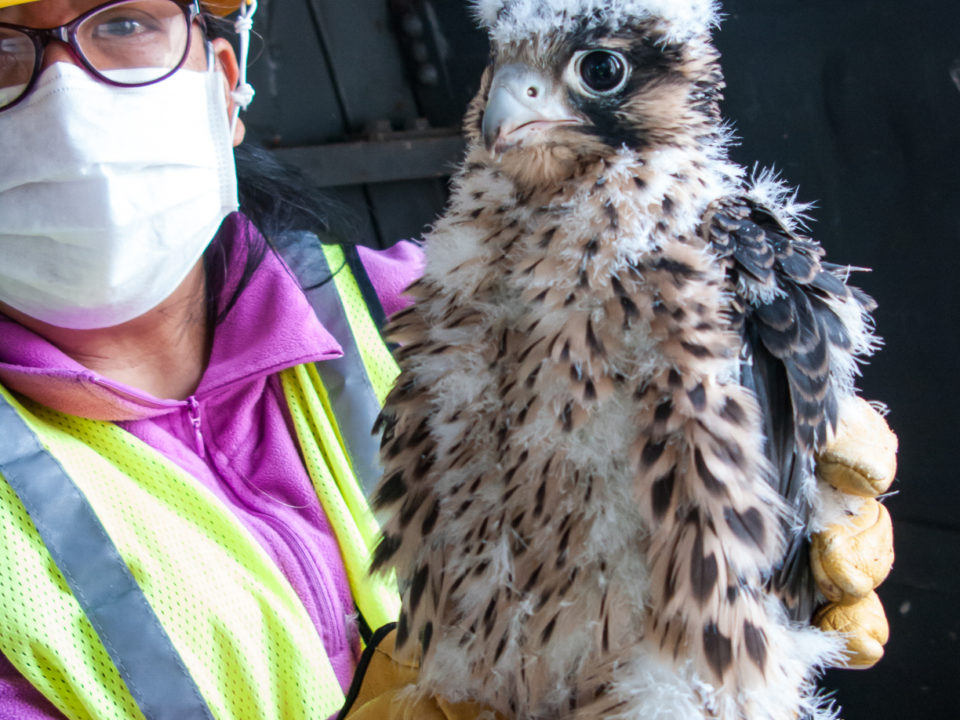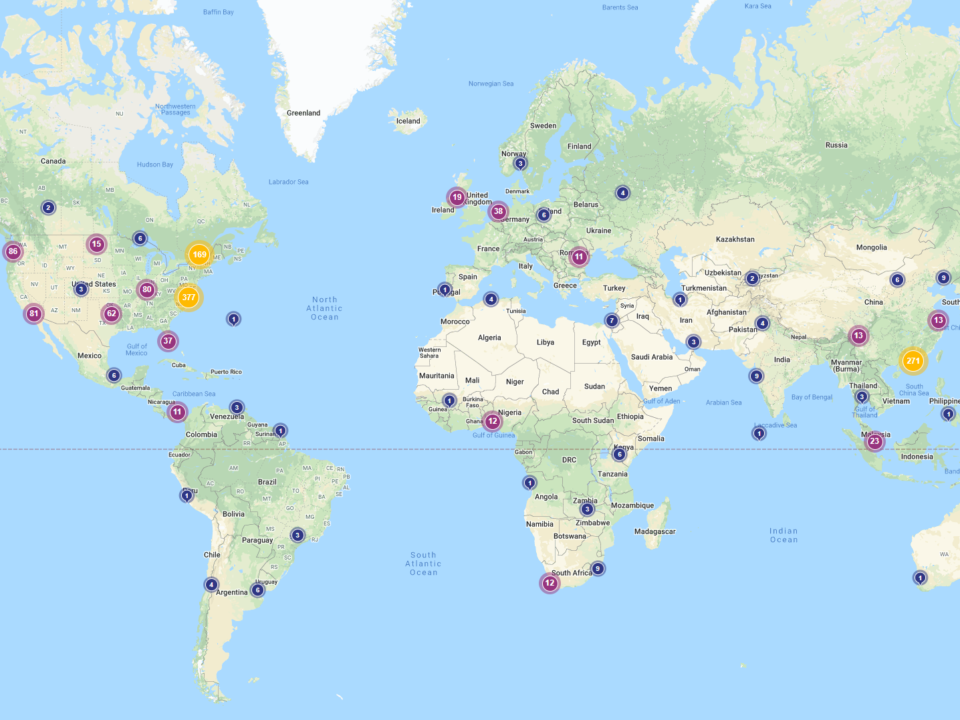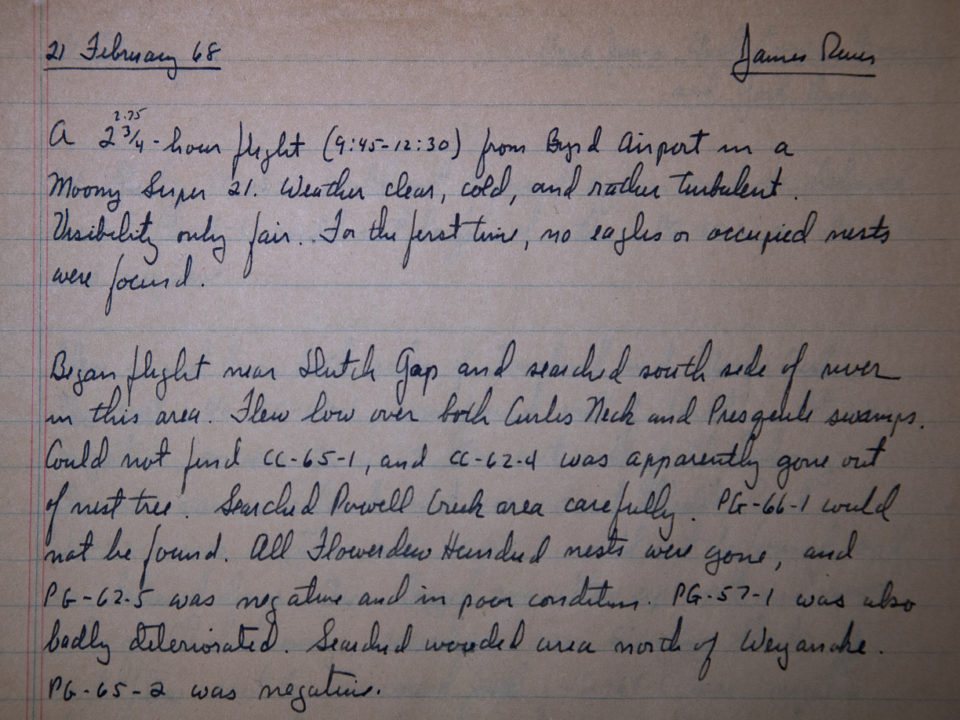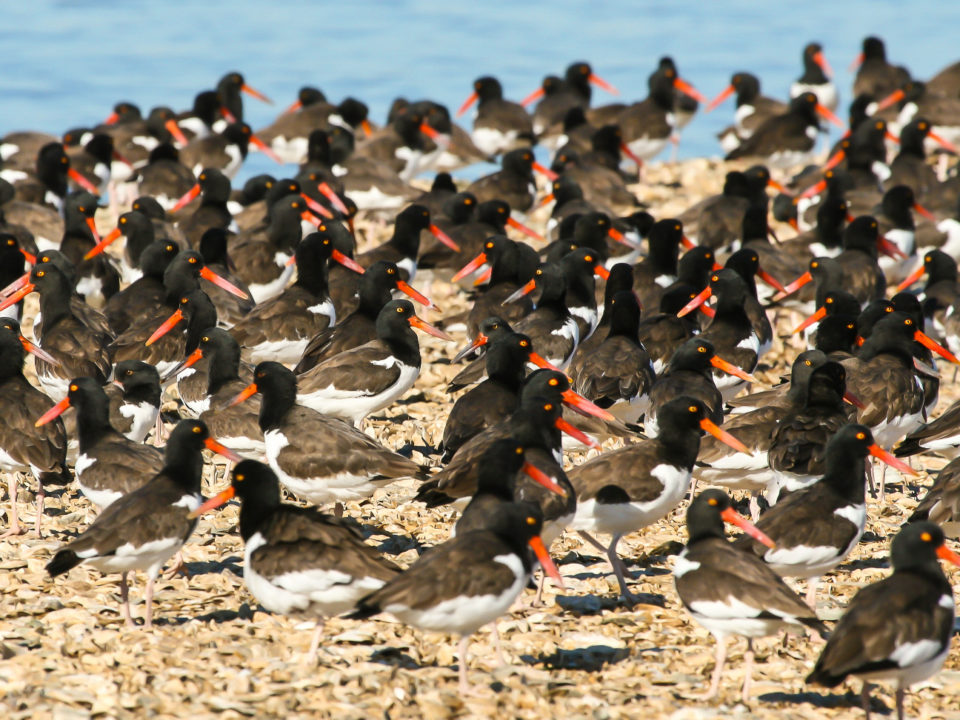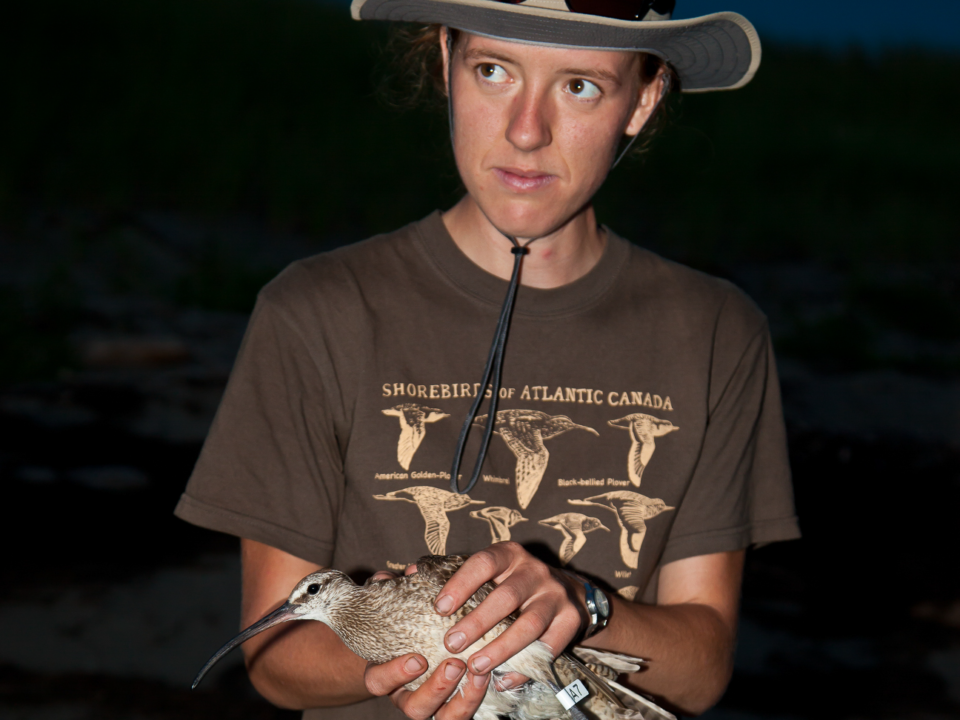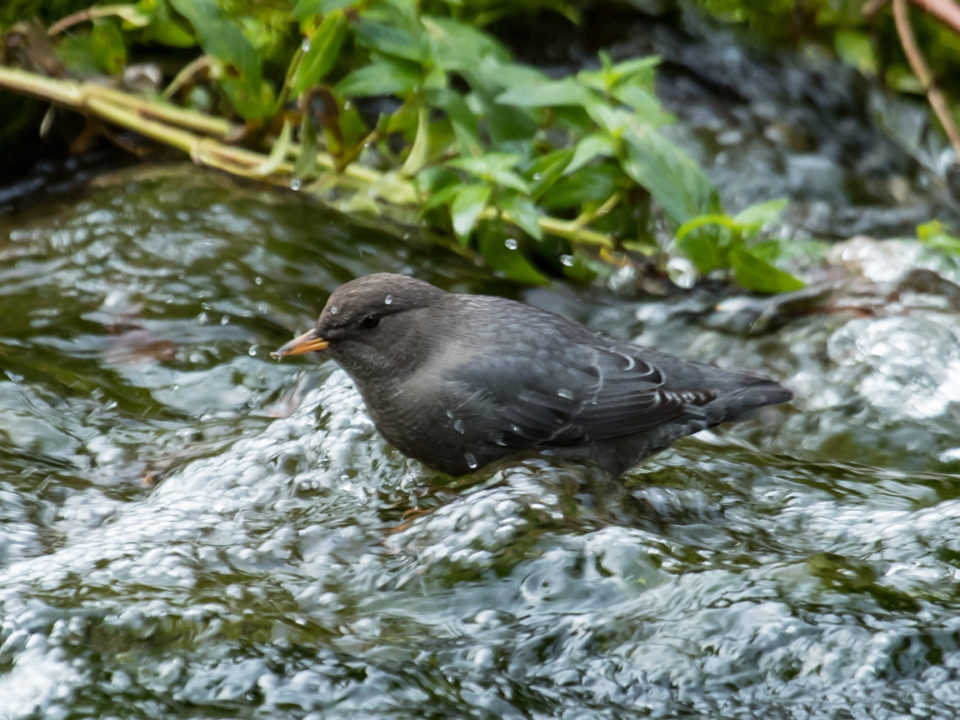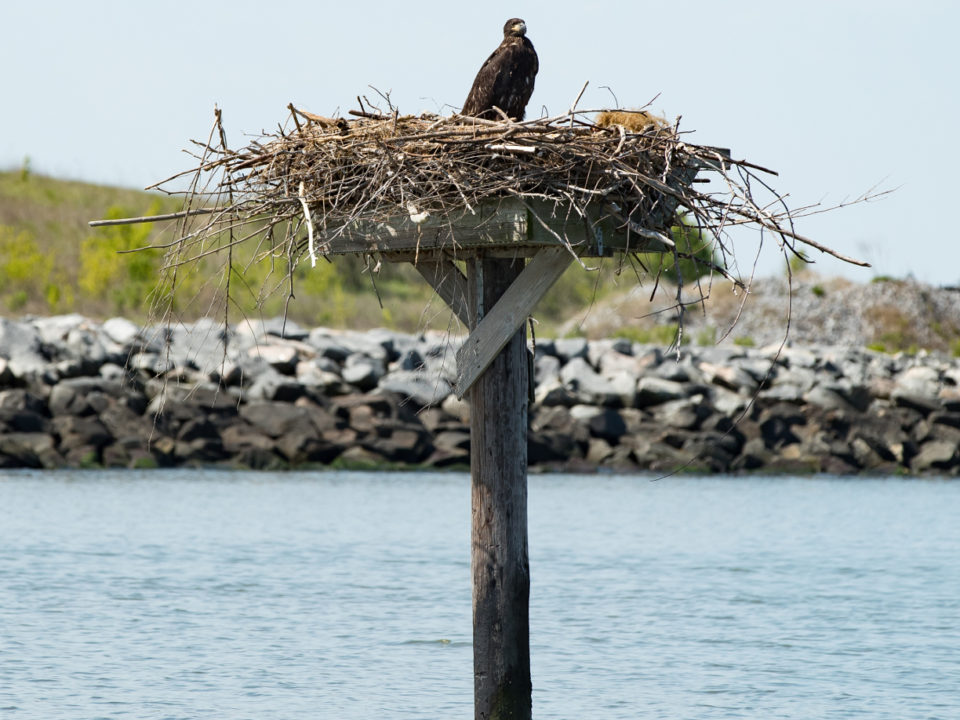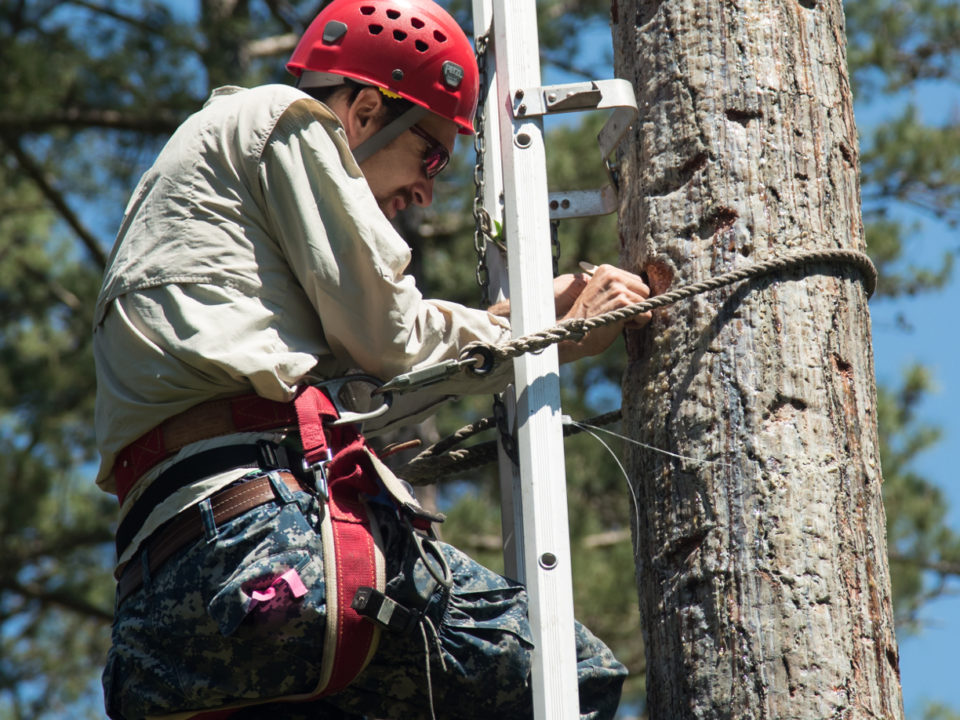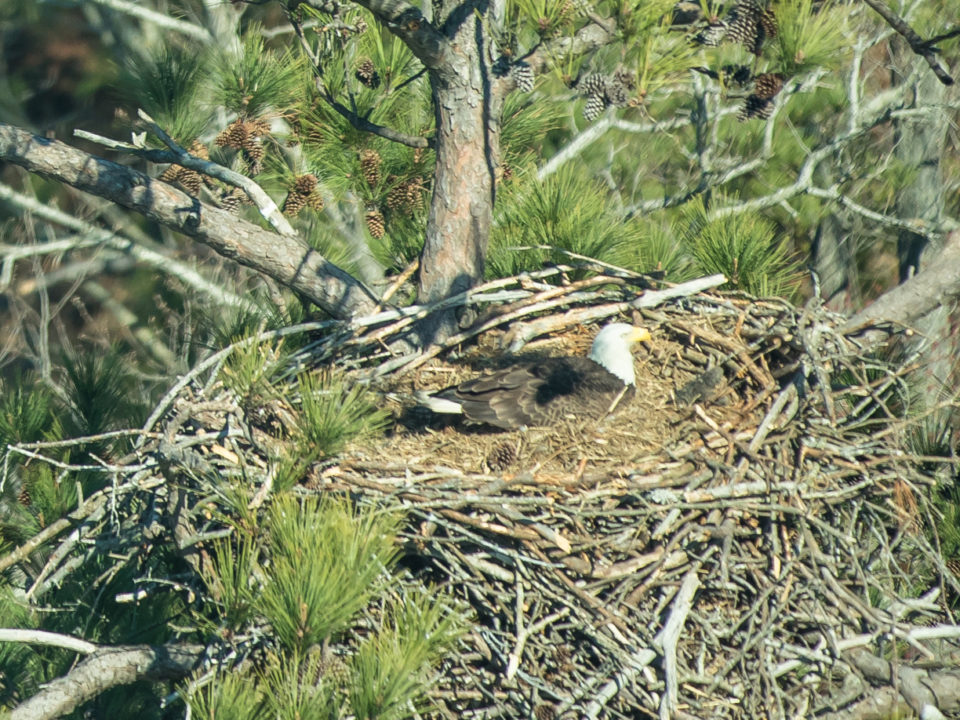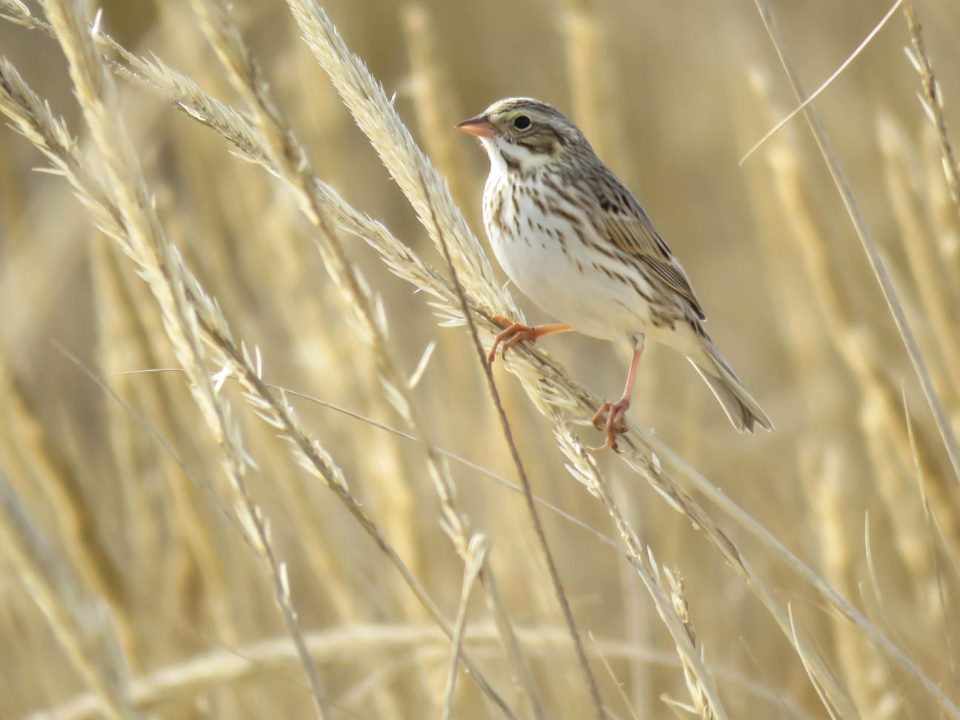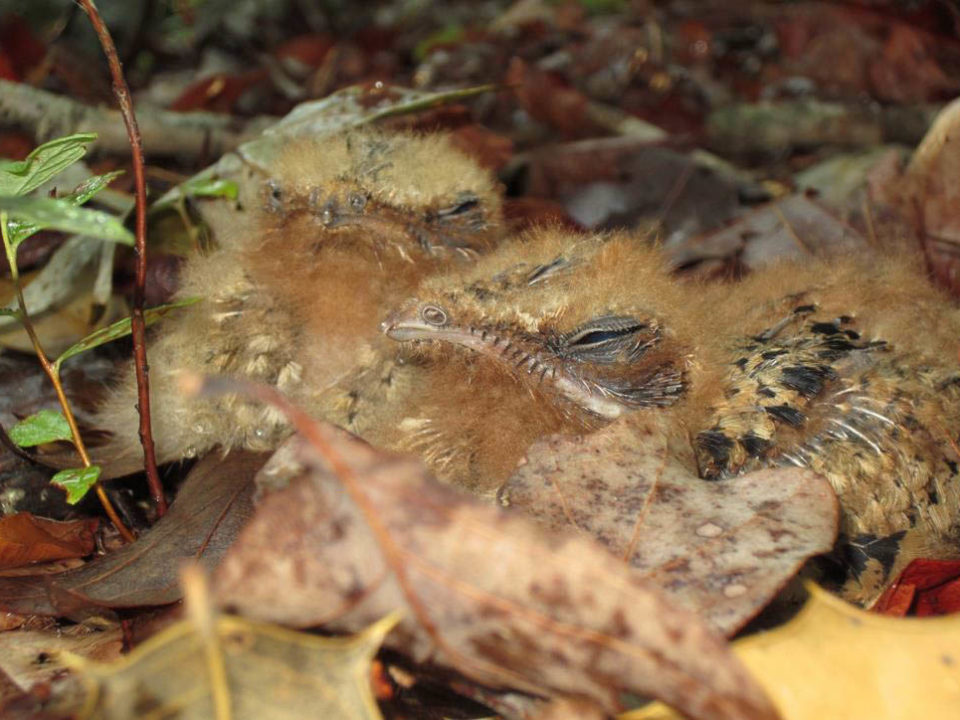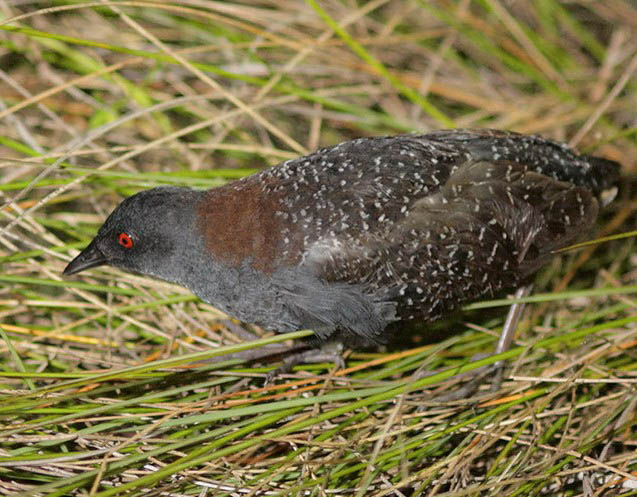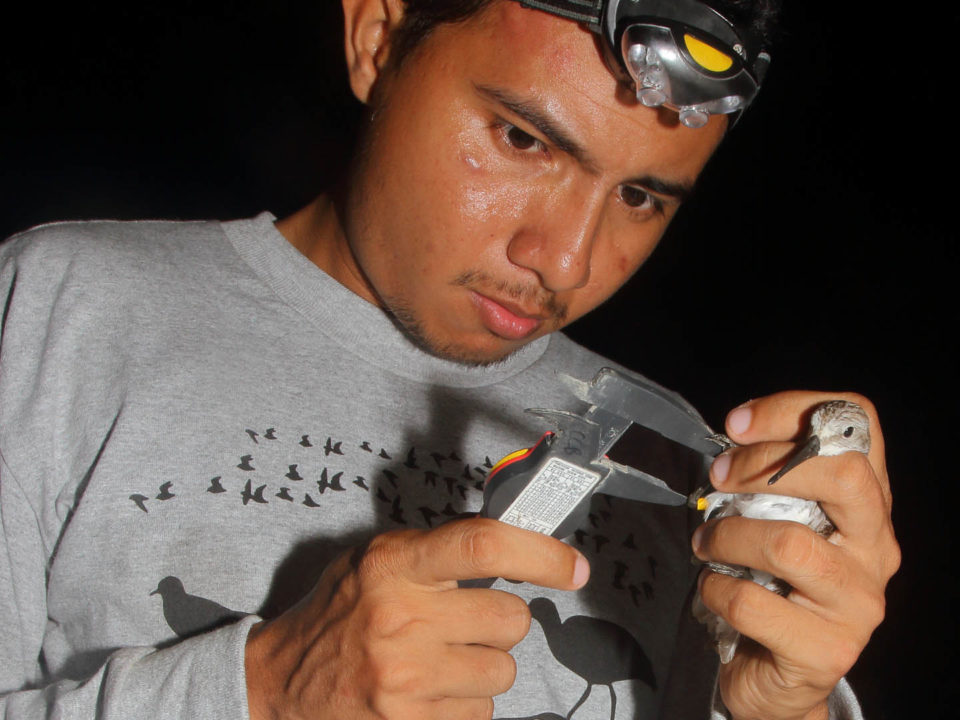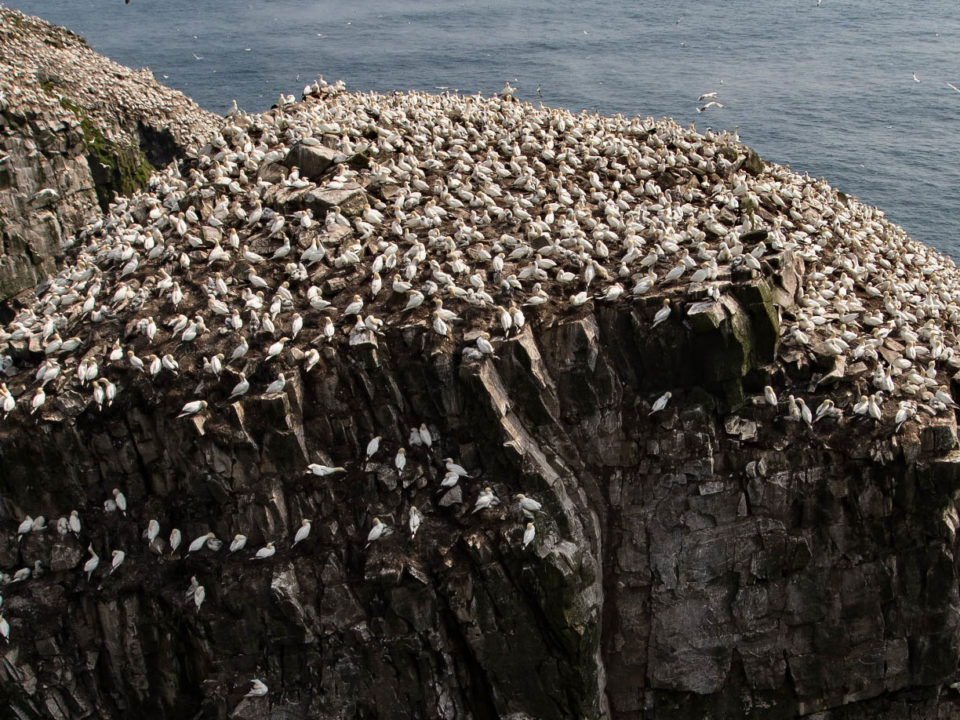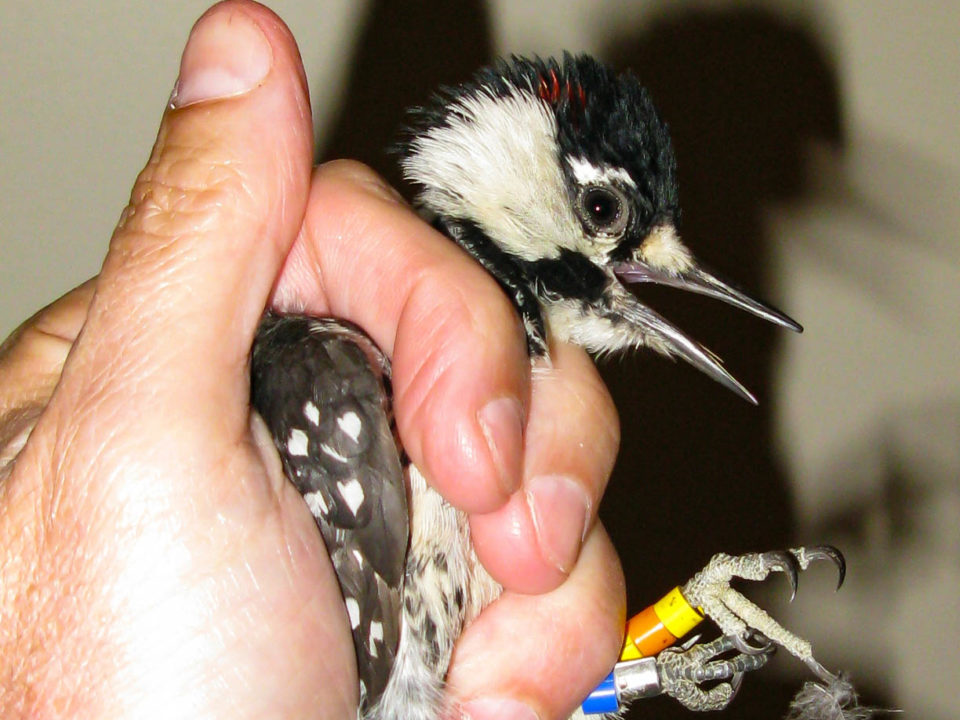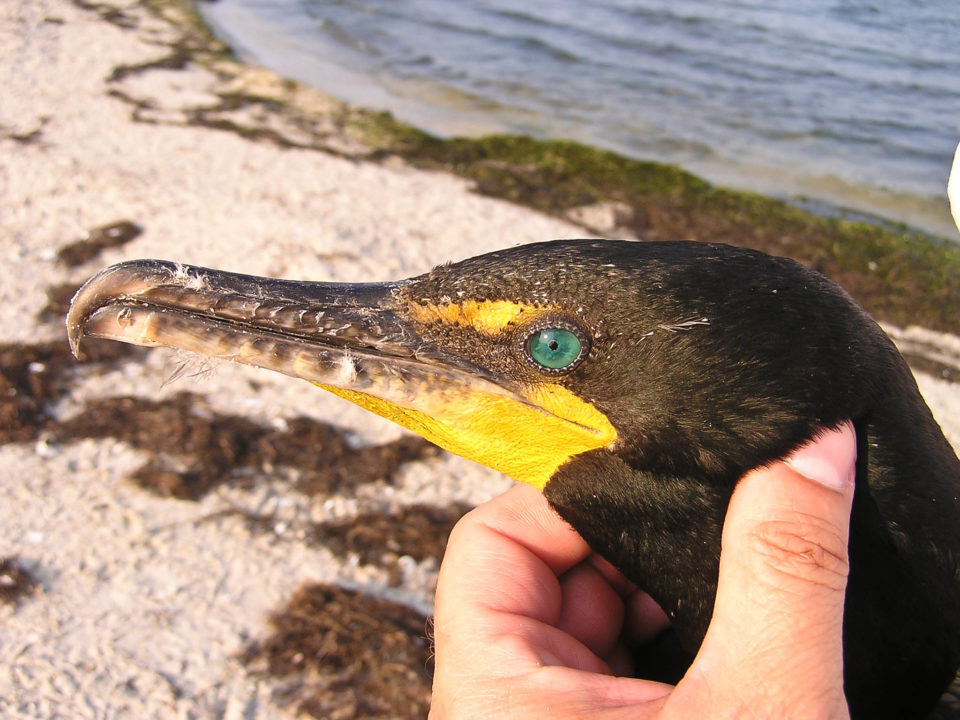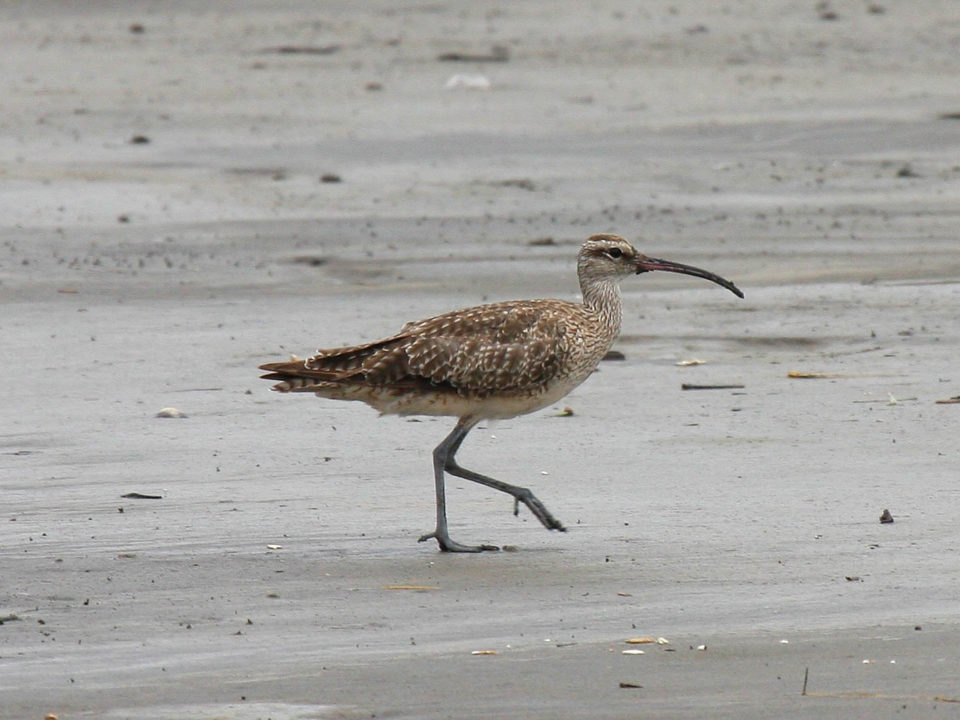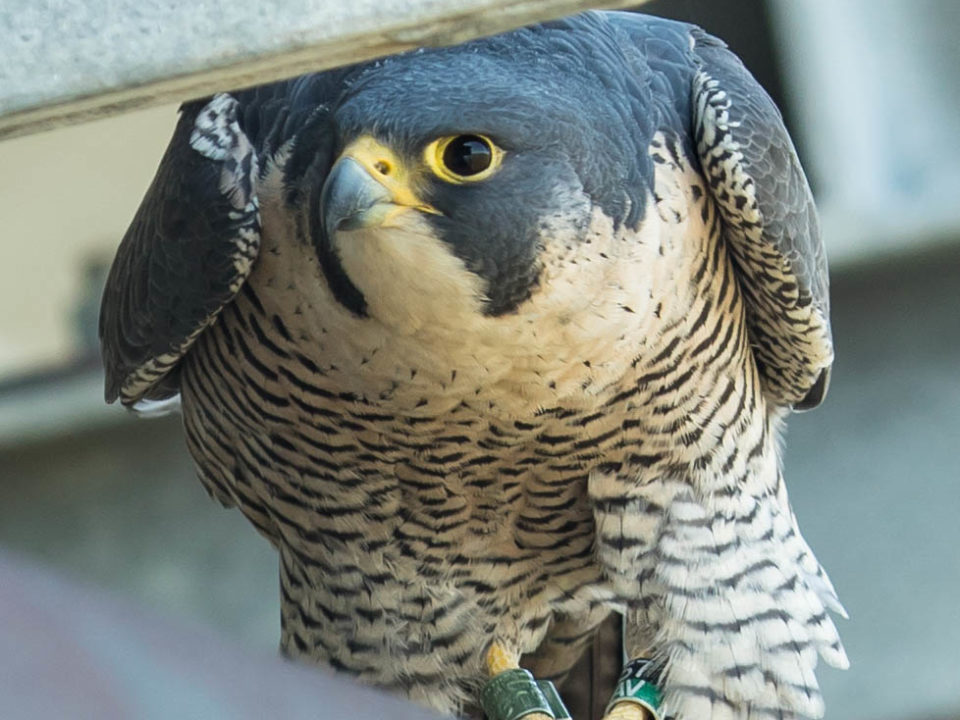Center for Conservation Biology
- Filter by
- Categories
- Tags
- Authors
- Show all
- All
- Conservation Stories
- Eagle Nest Blog
- EagleTrak Blog
- News Story
- OspreyTrak Blog
- Photo Essays
- Press Release
- Uncategorized
- All
- 'Azalea' (HH)
- 'Camellia' (NC)
- 'Conowingo' (eagle)
- 'love branch'
- 'Machipongo' (eagle)
- 'Pioneer' (eagle)
- 'the dump'
- 2-weeks-old
- 2008 camera tree
- 3-chick brood
- academic literature
- Adner
- Adner Swamp
- age
- airport
- Alanton
- Albemarle & Chesapeake Canal
- Albemarle Sound
- Alfonso
- Alligator River
- Alligator River NWR
- Allmondsville
- alphanumeric resight band
- aluminum band
- American kestrel
- animal behavior
- Ann Shirley
- Annual Report
- associate
- Aulander
- avian flu
- avian pox
- award
- Back Bay
- Back Bay NWR
- bald eagle
- banders
- Banding
- Barhamsville
- barn owl
- Bayside
- Beaufort Sea
- Belhaven
- Belleville Creek
- Berkley Island
- Bertie Co NC
- Big Bethel Recreation Area
- Big Bethel Reservoir
- Big Bethel Road
- Birds Eggs by Michael Walters
- black rail
- Blackwater
- Blackwells
- Bobbi Monaghan
- body size
- borrow pit
- Bowling Green
- branching
- breeding
- breeding pair
- Broad Bay
- Broadus Corner
- brood size
- Bryan D. Watts Ph.D.
- Bryan Watts
- Bumpass
- Burden
- Burgess
- Busch Gardens
- Butler Lake
- Caledon Natural Area
- Camden Co NC
- camera tree
- Cameron Hills Golf Course
- Camp Peary
- Canada
- Canada goose
- canal
- Capron
- carnivorous
- Caroline Co
- Cary Lynch
- catfish
- catfish ponds
- cattle grazing land
- Center for Conservation Biology (CCB)
- Center for Conservation Biology (CCB)
- Central Point
- Charles City Co
- Chesapeake
- Chesapeake Bay
- Chesapeake Beach
- Chesterfield Co
- Chickahominy River
- Chippokes Plantation
- Chowan Co NC
- Chowan River
- Chuckatuck Creek
- Claremont
- cliffs
- climate change
- close-up
- clutch size
- Coan River
- Coastal Virginia Wildlife Observatory (CVWO)
- Cobb Island
- Coinjock
- Coldwater
- Coleman Creek
- College Creek
- College of William & Mary
- College Park
- Colonial Beach
- Colonial National Historic Parkway
- colonial waterbirds
- Columbia
- common raven
- communal roost
- Conowingo
- conservation research
- Coopers hawk
- copulation
- Cornell Laboratory of Ornithology
- Corrotoman River
- Courtland
- Craney Island
- Crittenden
- Croaker
- crop
- Currituck Co NC
- Daniel Corner
- Dare Co NC
- DDT
- deer carcass
- defending territory
- defensive behavior
- Delaware
- development
- diagram
- diet
- digestive tract
- Dinwiddie Co
- dispersal
- distance
- disturbance
- diurnal
- diurnal vs nocturnal
- Dividing Creek
- Dogue
- Dogue Run
- DogueHop Yard Landing
- Dominion Virginia Power
- double-crested cormorant
- down feathers
- Dr Mitchell Byrd
- Dr. Ruth McQueen
- Dragon Swamp
- Duane Noblick
- Durants Neck
- eagle concentration area
- eagle eyes
- eagle release
- eagle research
- eagle survey
- eaglet
- EagleTrak
- EagleTrak Naming Contest
- ears
- East Lake
- East Pembroke
- Eastern Shore
- Eastern Shore of Va
- ecology
- Edenton
- Edwardsville
- egg
- egg hatching
- egg laying
- egg size
- egg tooth
- eggshell
- Elizabeth City
- Elizabeth River
- Elmwood
- embryo
- Endangered Species Act
- eNewsletter Photo Gallery
- Enfield
- Engelhard
- esophagus
- Essex Co
- ethology
- European kestrel
- exposure
- Fair Port
- familial recognition
- feather molt
- feather tracts
- feathers
- feeding
- female
- field techniques
- first flight
- First Landing St Pk
- fish
- fish eagle
- Fledging
- Fleets Island
- flight
- Florida
- Food/Feeding
- Fort A.P. Hill
- Fort Landing
- Fort Story
- Franklin
- Franklin Co
- Fredericksburg
- Friendship Pond
- fruit
- Gates Co NC
- gender manipulation
- gender patterns
- generalist predator
- Gera
- Glenns
- Gloucester
- Gloucester Co
- Gloucester Point
- golf course
- Goochland Co
- Good Luck
- Goose Island
- Gordonsville
- Gourd Neck Road
- GPS data
- GPS locations
- Grafton
- Great Bridge
- Great Dismal Swamp NWR
- great horned owl
- Great Neck
- Great Wicomico River
- Greenville Co
- Greenwich Mean Time (GMT)
- growth rate
- Guilford Heights
- gull
- habitat
- habituate
- Hack Creek
- Halifax Co
- Hampton
- Hampton Roads
- Hampton Roads Harbor
- Hancock
- Hanover Co
- Hartfield
- Hartford Co MD
- Harwoods Mill Reservoir
- hatching
- hatching muscle
- hatchling
- Hawk Ridge Bird Observatory (HRBO)
- Hawk Watch
- HE
- hearing
- Heathsville
- Henslow's Sparrow
- Hertford
- Hertford Co
- HK
- Hog Island
- hope
- Hopewell
- Horn Harbor
- Howland
- Hudson Bay
- Hull Creek
- Hyde
- Hyde Co NC
- I-64
- I-95
- immature
- imprint
- Incubating
- independence
- Independence Blvd
- injury
- innate
- instinct
- instinctive behavior
- insulation
- Intracoastal Waterway
- Ipswich sparrow
- Irvington
- Isle of Wight Co
- James City Co
- James River
- Jamestown Island
- Jamestown-Scoland Ferry
- Jan Reese
- Jerdone Island
- Jim Deal
- Joe Foreman
- Jones Creek
- Jordan Point
- juvenile
- Keith Cline
- Kempsville
- Kilmarnock
- King & Queen Co
- King & Queen County Landfill
- King George
- King George Co
- King George Landfill
- King William Co
- Kings Highway
- Kiptopeke State Park
- Lake Anna
- Lake Anna Marina
- Lake Anna State Park
- Lake Drummond
- Lake Edwards
- Lake Lawson
- Lake Mattamuskeet
- Lake Smith
- Lake Whitehurst
- Lakeview Park
- Lancaster
- Lancaster Co
- Lancaster Creek
- landfill
- laughing gull
- Laura Erickson
- Layton
- learn
- Leedstown
- Lesner Bridge
- Lewisetta
- Libby Mojica
- Liberty Fork
- Lilian
- Lisa Barlow
- Listers Corner
- Little Creek
- Little Creek Naval Amphibious Base
- Little Creek Reservoir
- Little Neck
- Little Plymouth
- Little River
- Little Wicomico River
- Litwalton
- Lively
- Lone Star Lakes Recreation Area
- Loretto
- Lost Lake
- Louisa Co
- lower Chesapeake Bay
- Luttrels Corner
- Lynnhaven River
- Machipongo
- Mackay Island NWR
- MacKenzie River
- Mackeys
- Maine
- male
- Manns Harbor NC
- map
- map key
- Marian Watts
- marsh
- Maryland
- Mascot
- Mason Creek
- Mataponi River
- Mathews
- Mathews Co
- Mattamuskeet NWR
- Mattaponi River
- Meherrin River
- meiosis
- menhaden
- Merry Hill
- Middle Peninsula
- Middle Peninsula Landfill
- Middlesex Co
- Midway Veterinary Hospital
- migration
- Milbank
- Mill Creek
- Mitchell Byrd
- Montague
- Moores Mill
- Morattico
- Mount Olive
- Muddy Creek
- muskrat
- Nansemond River
- Nash Town
- natal territory
- NATO Tower
- Naulakla
- NC Game Commission
- ND
- NE
- nest guarding
- nest lining
- nest tree
- nestcam
- Nesting (town of)
- New Holland
- New Kent Co
- New York
- Newmans Creek
- Newport News
- Newport News Park
- Newport News-Williamsburg Airport
- nightjars
- Norfolk
- Norfolk Botanical Garden (NBG)
- Norfolk Harbor
- North Carolina
- North Landing River
- North River
- Northern flicker
- northern goshawk
- Northern Neck
- Northumberland Co
- Northwest River
- Nottoway River
- Nuckols Tree Care
- Nunavut CAN
- NWR
- Ocean View
- offshore wind
- online course
- Ophelia
- Orange Co
- Ornithology by Frank B. Gill
- osprey
- ospreywatch
- oviparous
- pair
- Pamlico Sound
- Pamunkey River
- Pasquotank Co NC
- Pasquotank River
- PBS
- Pembroke
- Pennsylvania
- peregrine falcon
- Perquimans Co NC
- Perquimans River
- Perrin
- Perrin Creek
- Petersburg
- Phoebus
- photo
- Piankatank River
- pine straw
- Pinetta
- pipping
- Plum Tree NWR
- plumage
- plumulaceous
- Plymouth
- pocosin
- policy
- Poquoson
- Poropotank River
- Port Conway
- Port Royal
- Portobago
- Portsmouth
- Potomac Mills
- Potomac River
- power line
- Powhatan Airport
- preen/uropygial gland
- preening
- Presley Creek
- press
- prey
- prey item
- Prince George Co
- productivity
- publications
- Purkins Corner
- quarry
- Queen County Landfill
- Queens Creek
- Queens Lake
- raccoon
- range expansion
- Rappahannock River
- raptor
- red-bellied woodpecker
- red-cockaded woodpecker
- Reedville
- Reese Lukei Jr
- reference article
- reference link
- reproductive success
- Richmond
- Richmond Co
- Roanoke River
- Robbies Island
- Rollins Fork
- roost
- roost tree
- Roper
- Rose Garden
- royal tern
- Rt-17
- Rt-199
- Rt-208
- Rt-264
- Rt-604
- Rt-64
- Rt-94
- runway
- Sajo Farms
- salinity
- Salmon Creek
- saltmarsh sparrow
- Saluda
- Saluda Landfill
- Samuels Corner
- Sassafras
- satellite tracking
- satellite transmitter
- Sawyer Lake
- schedule
- ScholarWorks
- Scotland Neck
- sea eagle
- sea-level rise
- seagull
- Sealston
- sexually dimorphic
- sharp-shinned hawk
- Shawboro
- Shawn Padgett
- Shelly Fowler
- Skinkers Corner
- Smithfield
- Smiths Point
- snow
- solar battery
- song sparrow
- South Carolina
- South Lake
- Southampton Co
- sparring
- Sparta
- Spotsylvania Co
- St Croix USVI
- St Mary's Co
- Stephen Living (DGIF)
- storm
- striped bass
- Stumpy Lake
- Suffolk
- Sunken Meadow Creek
- Supply
- Surry Co
- survival skills
- Sydnors Millpond
- Tappahannock
- Tarboro NC
- tarsus
- Tettington
- thermal
- thermal system
- Thoroughgood
- Thurman Isl
- Tidewater Research Station
- Tignor
- tilapia
- timeline
- Tippers
- Toano
- Totuskey Creek
- tracking
- Trail Camera
- translocation
- trout
- Tulls Bay
- Tyrell Co NC
- Upper Peninsula
- Urbanna
- US-17
- US-301
- USVI
- VDGIF
- video link
- Vir-Mar
- Vir-Mar Beach
- Virginia
- Virginia Beach
- Virginia's Eastern Shore
- vision
- visual identity
- Wards Corner
- Ware Neck
- Warner
- Warsaw
- Washington Co NC
- Water View
- waterfowl
- waterproof
- Waupoppin Canal
- waxy secretion
- Wayne's Warbler
- webcam feed status
- Weems
- West Point
- Westmoreland Co
- whimbrel
- Whipping Creek Lake
- White Stone
- Whites Corner
- Whites Lake
- whitewash
- WHRO
- Wicomico Church
- Wicomico River
- Wildlife Center of VA
- Wildlife Center of Virginia
- WildlifeTracking.org
- willet
- Williamsburg
- Wilmot
- wind energy
- Windmill Pt
- Windsor
- wing exercise
- Winton
- Wise Point
- Wishart Road
- Witchduck
- Witchduck Point
- Witchduck Road
- wooded swamp
- WVEC
- yellow perch
- yellow-crowned night heron
- York Co
- York River
- York River St Pk
- Yorktown
- Yukon
October 6, 2020
Published by Center for Conservation Biology at October 6, 2020
Categories
By Bryan Watts10/05/2020 Despite the difficulties of working the breeding sites during the global pandemic, CCB was able to complete the 2020 spring field season and […]
Do you like it?
September 30, 2020
Published by Center for Conservation Biology at September 30, 2020
Categories
By Bryan Watts9/30/2020 In late 2019, CCB worked with William & Mary’s Swem Library to upload 220 technical reports to Scholarworks in an effort to make […]
Do you like it?
September 14, 2020
Published by Center for Conservation Biology at September 14, 2020
Categories
By: Bryan Watts9/14/2020 Field notes are like an artist study. Although they may lead to a published manuscript or report, they provide a more complete view […]
Do you like it?
September 3, 2020
Published by Center for Conservation Biology at September 3, 2020
Categories
By Bryan Watts9/3/2020 Communal roosts used at night and during high-tide periods are essential resources for many shorebird species during the winter and migratory periods. Despite […]
Do you like it?
July 7, 2020
Published by Center for Conservation Biology at July 7, 2020
Categories
By Bryan Watts7/7/2020 Whimbrels are large, highly migratory Holarctic waders with low reproductive potential and delayed recruitment that require high juvenile and adult survival to sustain […]
Do you like it?
July 6, 2020
Published by Center for Conservation Biology at July 6, 2020
Categories
By: Bryan Watts7/6/2020 Many of us feel the constant gravitational pull of wild places or wild things. Each of us have reasons that are our own. […]
Do you like it?
July 6, 2020
Published by Center for Conservation Biology at July 6, 2020
Categories
By: Bryan Watts7/6/2020 As with the other sea eagles, bald eagles are tree nesters. Here in the Chesapeake Bay region eagles nest in loblolly pines on […]
Do you like it?
July 6, 2020
Published by Center for Conservation Biology at July 6, 2020
Categories
By: Chance Hines7/6/2020 The 2020 Virginia red-cockaded woodpecker breeding season has come to a close with a record high number of young produced. Production of young […]
Do you like it?
June 26, 2020
Published by Center for Conservation Biology at June 26, 2020
Categories
By: Bryan Watts6/26/2020 Upper Chippokes Creek is where bald eagles first recolonized the James River after the peak of the DDT era. On 19 January 1979, […]
Do you like it?
April 4, 2020
Published by Center for Conservation Biology at April 4, 2020
Categories
By: Bryan Watts4/3/2020 There are few things in life more thrilling than solving a good mystery or finding the answers to long held questions. For the […]
Do you like it?
April 3, 2020
Published by Center for Conservation Biology at April 3, 2020
Categories
By: Laura Duval3/24/2020 As many of you read this, migrant birds, including our beloved nightjars, are on a taxing journey from their wintering grounds as far […]
Do you like it?
April 2, 2020
Published by Center for Conservation Biology at April 2, 2020
Categories
By Bryan Watts4/2/2020 In late February of this year, CCB dispatched a team of five biologists including Marie Pitts, Laura Duval, Chance Hines, Bart Paxton and […]
Do you like it?
April 2, 2020
Published by Center for Conservation Biology at April 2, 2020
Categories
By Bryan Watts4/1/2020 For the fifth time in as many years, CCB biologists have traveled to Panama to train local biologists and volunteers on shorebird field […]
Do you like it?
April 1, 2020
Published by Center for Conservation Biology at April 1, 2020
Categories
By Bryan Watts 3/31/2020 One of many things that the Covid-19 pandemic will be remembered for is the introduction of the term “social distancing” to the […]
Do you like it?
January 27, 2020
Published by Center for Conservation Biology at January 27, 2020
Categories
By Bryan Watts1/26/2020 Chance Hines and I arrived in cluster 13 of Piney Grove Preserve more than an hour before sunset. We knew the roost cavity […]
Do you like it?
January 23, 2020
Published by Center for Conservation Biology at January 23, 2020
Categories
By Bryan Watts 1/23/2020 The Center for Conservation Biology has joined forces with the North Carolina Wildlife Commission to estimate the number of cormorants that spend […]
Do you like it?
January 23, 2020
Published by Center for Conservation Biology at January 23, 2020
Categories
By Bryan Watts 1/22/2020 Since late August 2019 when the first large, black globs of crude oil began washing ashore along the coast of Brazil, the […]
Do you like it?
January 21, 2020
Published by Center for Conservation Biology at January 21, 2020
Categories
By Bryan Watts 1/21/2020 By any standard 2019 was a good year for peregrine falcons in Virginia. The breeding season was the most productive in the […]
Do you like it?
